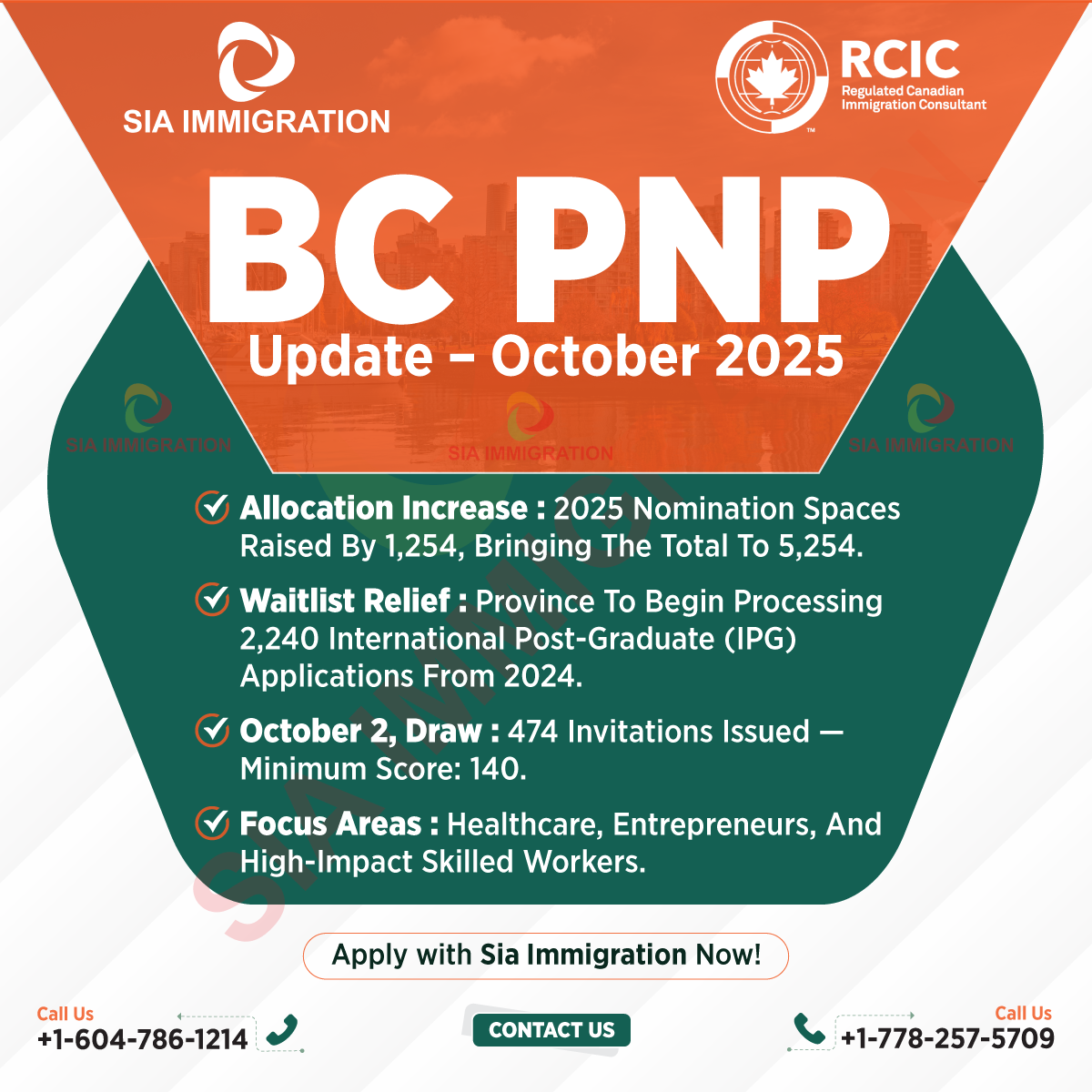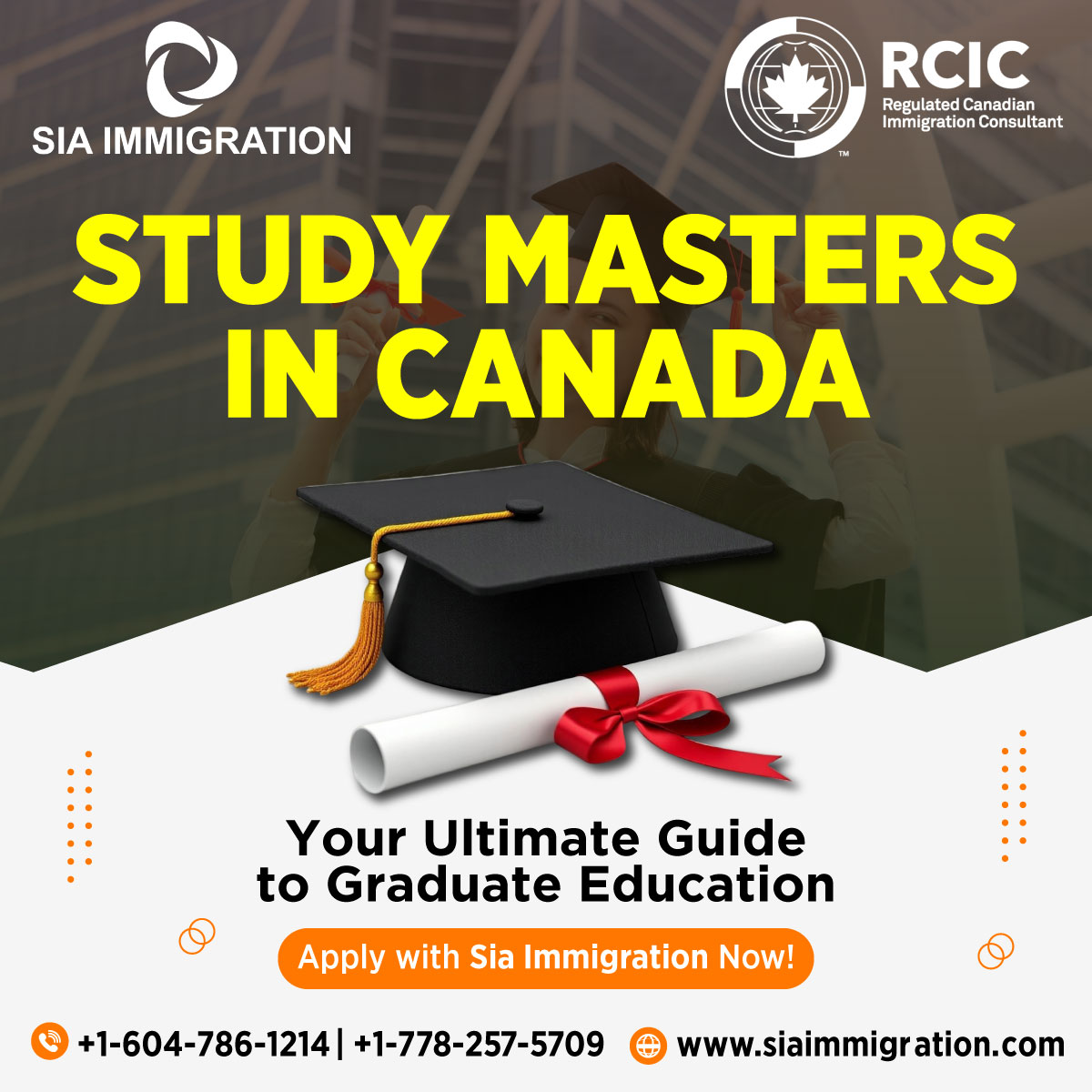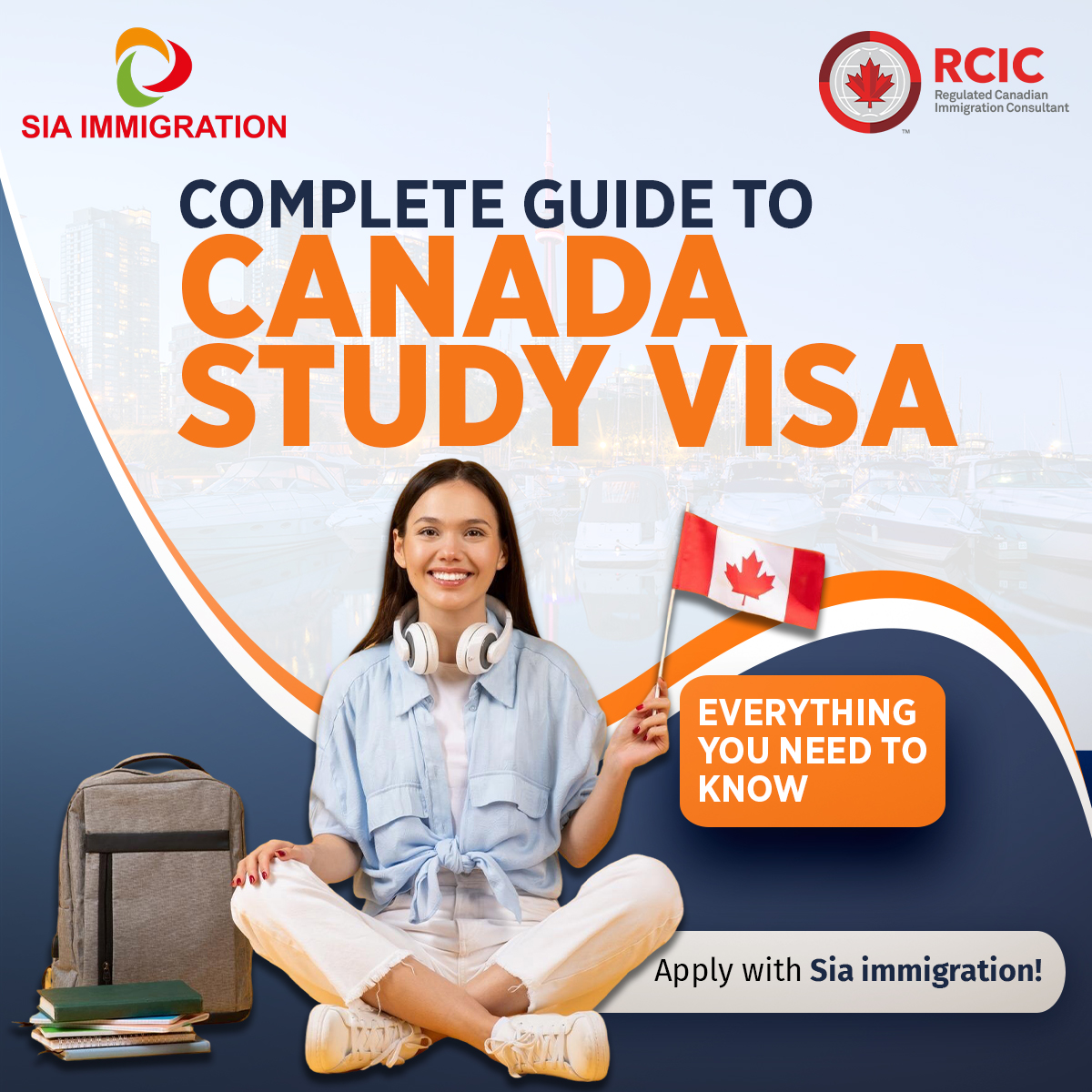- +1 (604) 786-1214 , +1 778-257-5709
- mkj@siaimmigration.com
Short Term Courses Your Gateway to Canadian Permanent Residency

Short Term Courses Your Gateway to Canadian Permanent Residency
Canada continues to welcome skilled professionals through various immigration pathways, and short-term courses have emerged as an increasingly popular route for those seeking permanent residency (PR). While these programs may be shorter in duration, they offer substantial opportunities for career advancement and immigration success.
Understanding Short-Term Courses and PR Eligibility
Short-term courses in Canada typically range from 6 months to 2 years and are designed to provide specialized skills that align with the country’s labor market demands. Short-term courses in Canada typically range from few weeks to 6 months, as it allows work permit holders to pursue without additional study permit. A short course alone won’t get you PR in Canada, but it can improve your chances. The best way to qualify for PR is to study in a high-demand field, gain Canadian work experience, and apply through Express Entry or Provincial Nominee Programs (PNPs).
High-Demand Fields for PR Pathways
Healthcare and Social Services
Two smart options for getting Permanent Residency (PR) are through Personal Support Worker (PSW) and Early Childhood Educator (ECE) programs. These programs are short, affordable, and closely aligned with Canada’s high-demand sectors.
Personal Support Worker (PSW)
Duration: 6-8 months
Career prospects: Excellent job opportunities in healthcare facilities
PR pathway: Strong demand across all provinces
Early Childhood Educator (ECE)
Duration: 6-12 months
Career prospects: Growing demand in childcare sector
PR pathway: Eligible for fast-track immigration programs
Engineering and Technology
Engineering and Management are some of the best PR-friendly courses in Canada. Canada has an acute shortage of skilled workers and many regions of the country such as Toronto, because of its huge manufacturing sector, attract jobs in these particular fields.
Popular Engineering Specializations:
Civil Engineering Technology
Mechanical Engineering Technology
Electrical Engineering Technology
Software Engineering
Business and Management
Business and management, finance and economics, healthcare and medicine, engineering, computer science, and information technology are some of the most well-liked and effective courses in Canada to obtain PR.
Key Programs:
- Business Administration
- Project Management
- Digital Marketing
- Supply Chain Management
Benefits of Short-Term Courses
Flexibility and Accessibility
Short-term courses in Canada offer flexibility in terms of duration and mode of study. This makes them ideal for working professionals looking to upskill or change careers without committing to lengthy degree programs.
Quality Education
The top-ranked universities, as per the World QS Rankings 2025, are the University of Toronto (#25), McGill University (#29), and the University of British Columbia (#38). Many institutions offer short-term programs that maintain the same high educational standards as their degree programs.
Faster Entry to Job Market
Short-term courses allow you to enter the Canadian job market quickly, gaining the essential Canadian work experience needed for PR applications. This work experience becomes crucial for programs like Express Entry and Provincial Nominee Programs.
Strategic Steps to Maximize PR Chances
-
Choose High-Demand Fields
Focus on sectors experiencing labor shortages. Healthcare, technology, and skilled trades consistently show strong demand across Canadian provinces. -
Gain Canadian Work Experience
After completing your course, utilize your Post-Graduation Work Permit (PGWP) to gain valuable Canadian work experience. Even short-term courses can qualify you for work permits. -
Improve Language Skills
Strong English and French language skills significantly boost your Express Entry scores. Consider taking language enhancement courses alongside your main program. -
Network and Build Professional Connections
Canadian employers value local references and professional networks. Actively participate in industry events, job fairs, and professional associations.
Provincial Nominee Program Opportunities
Different provinces prioritize various skills based on their economic needs. Research which provinces have the strongest demand for your chosen field.
Ontario: Technology, healthcare, engineering
British Columbia: Healthcare, technology, skilled trades
Alberta: Engineering, healthcare, oil and gas
Manitoba: Manufacturing, agriculture, transportation
Financial Considerations
Short-term courses are generally more affordable than degree programs, with costs typically ranging from CAD 8,000 to CAD 20,000. This lower investment makes them accessible to a broader range of international students while still providing pathways to high-paying careers.
Timeline to PR
While individual circumstances vary, many students following the short-term course pathway can achieve PR within 2-3 years.
Months 1-12: Complete short-term course
Months 13-24: Gain Canadian work experience
Months 25-36: Apply for PR through Express Entry or PNP
Conclusion
Short-term courses represent an efficient and cost-effective pathway to Canadian permanent residency. By choosing programs in high-demand fields and following a strategic approach to gaining work experience, you can significantly improve your chances of successful immigration to Canada.
The key to success lies in thorough research, careful program selection, and dedication to building your Canadian credentials. With the right approach, your short-term course can become the first step toward a permanent life in Canada.












